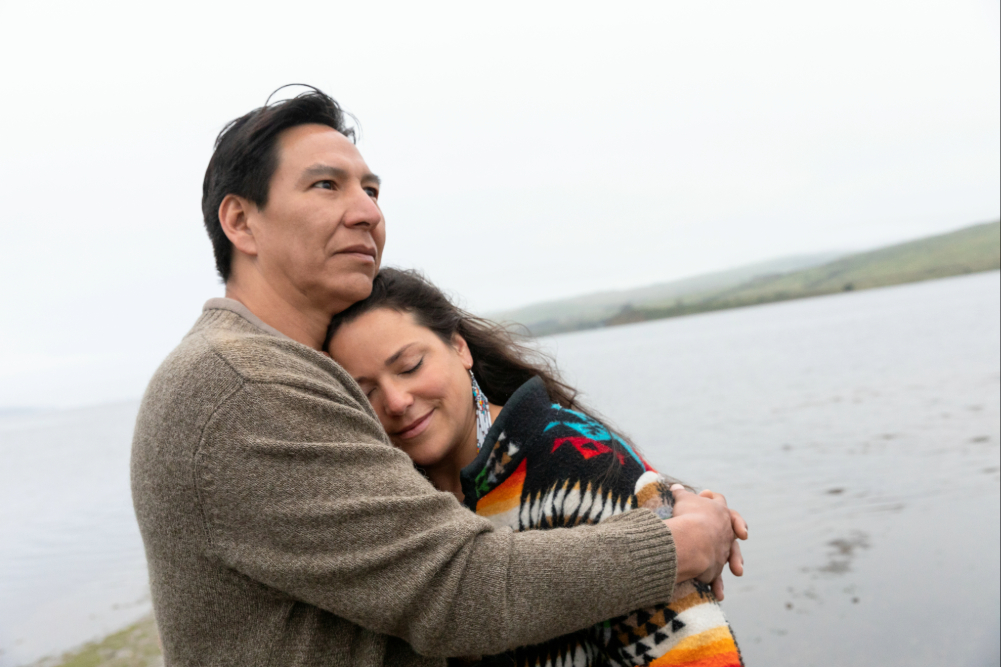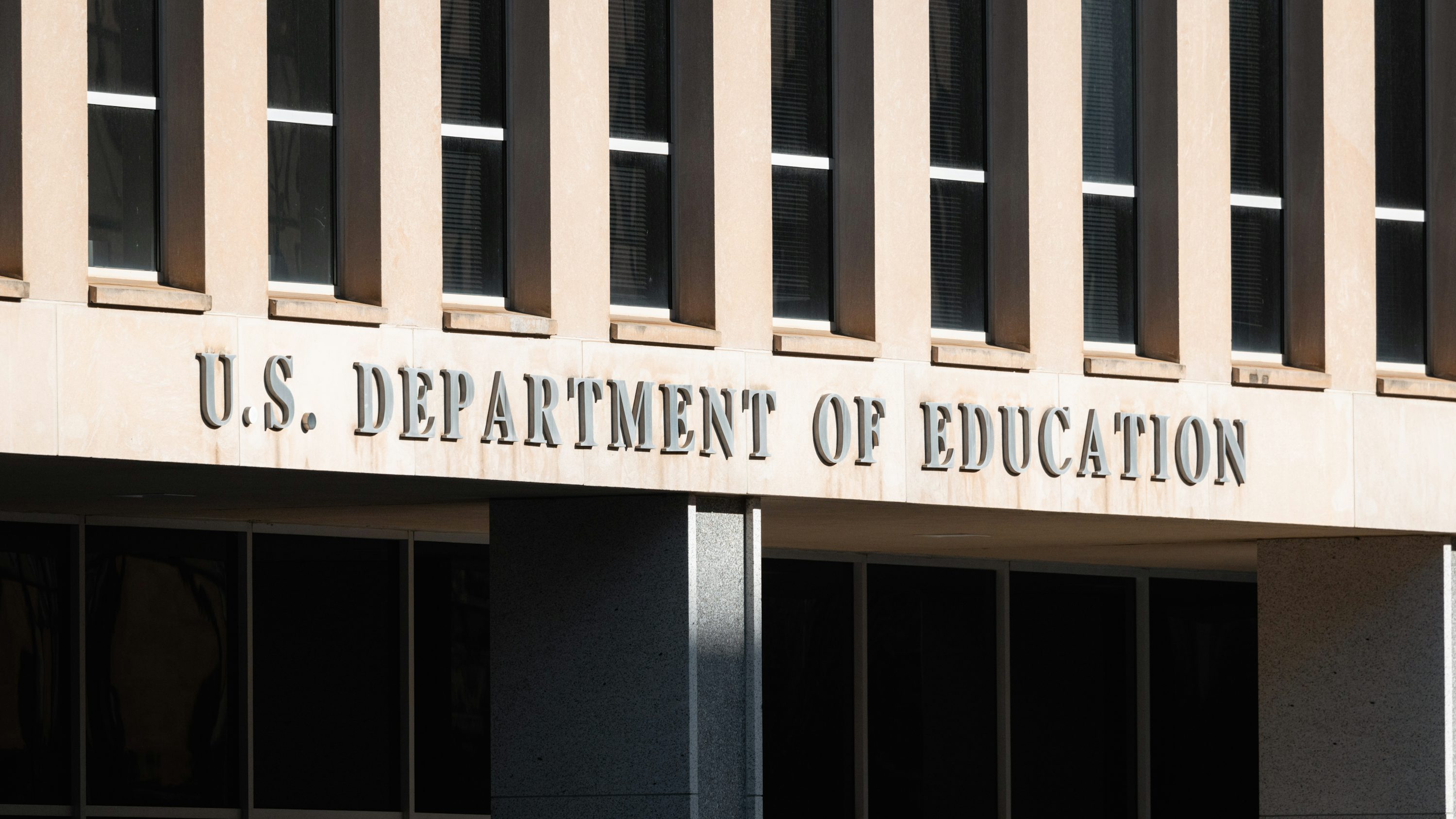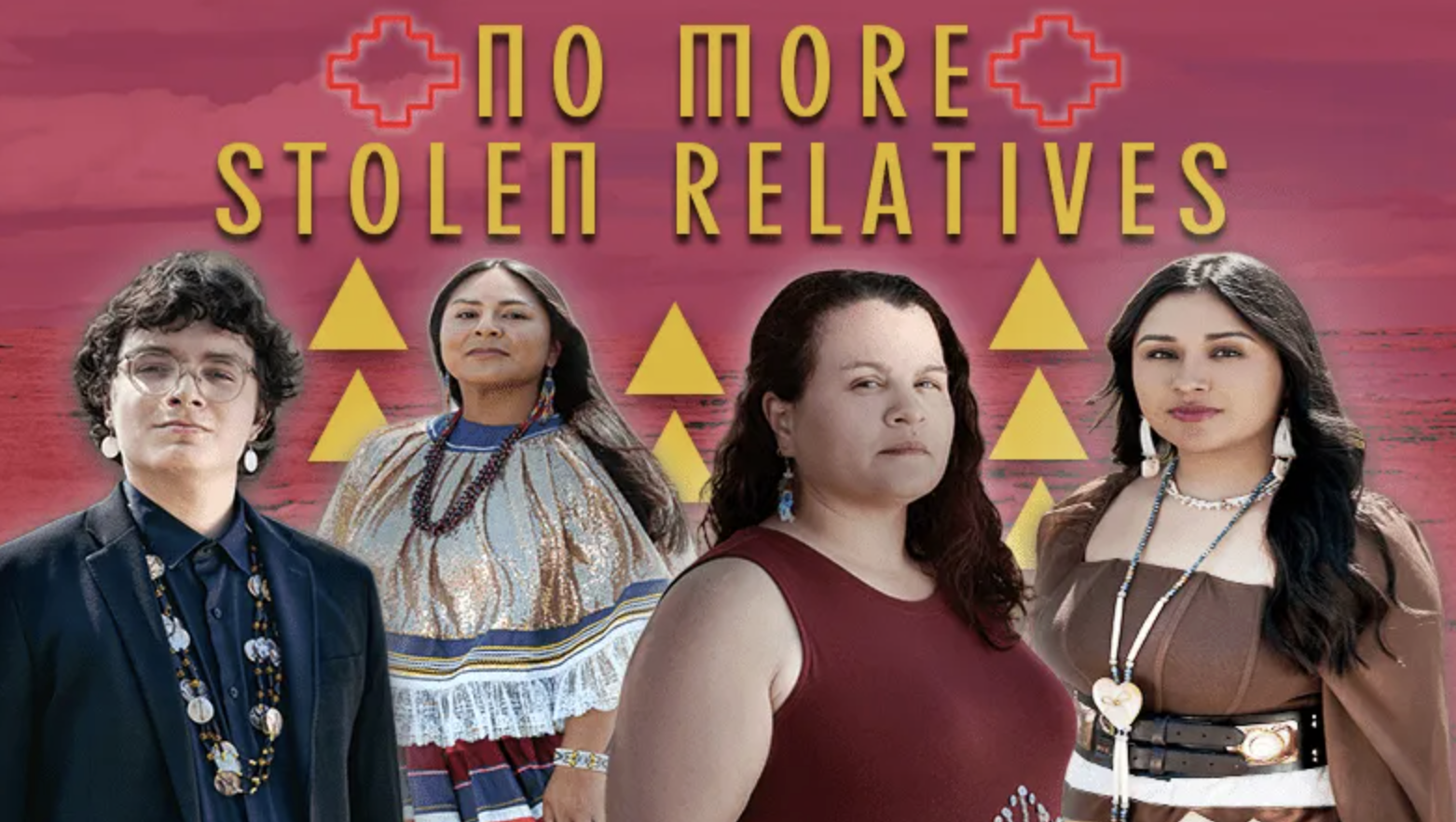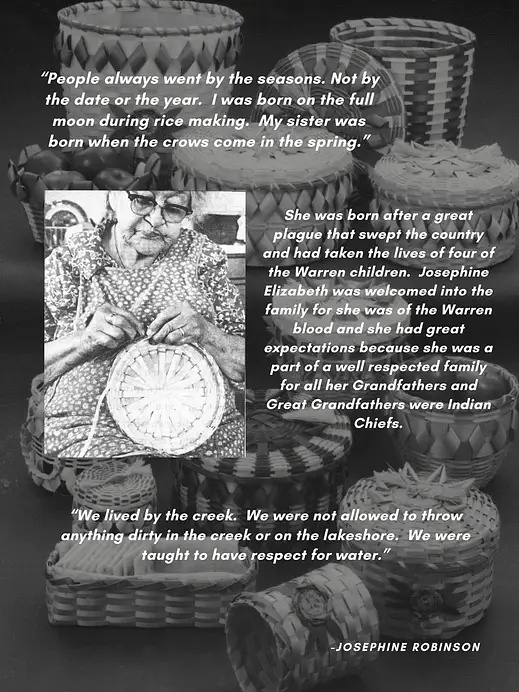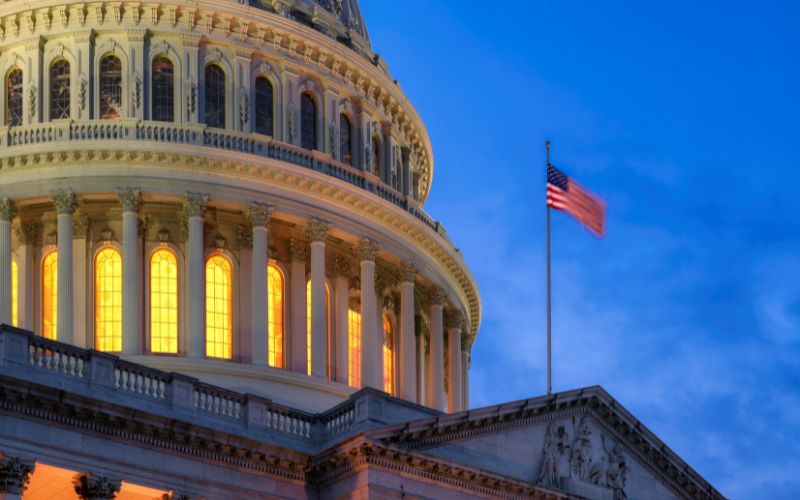
- Details
- By Neely Bardwell
U.S. Secretary of the Interior Deb Haaland (Laguna Pueblo), the first and only Native American to hold a secretarial position in a presidential cabinet, will conclude her tenure at the end of the Biden-Harris administration on January 20, 2025. As the 54th Secretary of the Interior, Haaland has demonstrated remarkable leadership, particularly in her role in launching the Federal Indian Boarding School Initiative, a highlight of her work in office.
In this Friday’s episode of Native Bidaské, Levi Rickert, editor of Native News Online, sat down with Secretary Haaland. Together, they explored her historic journey, transformative leadership, and vision for the future of Indian Country.
EDITOR'S NOTE: This transcript has been edited for brevity and clarity.
How significant has it been to you, personally, to be the first Native American in a Presidential Secretarial role?
As I have always said, representation matters, and I'm very honored that President Biden absolutely believed in that, because as you have seen, he has a cabinet that looks like America.
 Make A Donation Here
Make A Donation Here
What I think about is, I’m standing on the shoulders of my grandparents, standing on the shoulders of my ancestors, bringing my family and my community members here with me every day when I look at the work we have to do and using my perspective to make sure that we are making the right decisions.
We really made sure that tribes had a seat at the table. I credit President Biden because that was a priority for him, but it was also a priority for me. I understand what it means to make sure that Indian tribes have a seat at the table, but it wasn't just Indian tribes. It's everybody. It's making sure that we're hearing from everyone, that we're managing this department in a balance, as I promised.
Watch entire interview:
What was your proudest moment serving as Secretary of the Interior?
There have been a lot of proud moments. I've had the wonderful opportunity to see how sea turtle nests are excavated, and we were able to let baby sea turtles into the ocean. That was a proud moment.
It was also a really proud moment when President Biden redesignated Bears Ears on the White House lawn with tribal leaders there, the coalition members who worked so hard to make sure that sacred place was protected.
We've plugged orphan oil and gas wells across the country to ensure that the air is clean for children to breathe. There's so many things that we've been able to do, but I feel proud of many things.
How did you come to the determination that it was really necessary to have the Federal Indian Boarding School Investigation?
We were working on an op-ed for one of the newspapers about boarding schools. We had been working on that for about a week, and then the graves from the site in Canada, that news broke where they found the graves with 200 children, a mass grave in Canada.
Those two things kind of happened at the same time, and it made clear for us that we were on the right track. I was able to publish the Op-Ed, and then shortly thereafter, we said, we need to do this. That's when the staff started working on the report.
We visited the records location in Kansas, it's underground. There's 1000s and 1000s of documents there. The staff read through, as I mentioned in one of my speeches, 103 million documents to write those reports. Once we started on that, it really became clear that it was something we needed to absolutely finish. Now we're working on the oral history part of it. The Native American Boarding School Healing Coalition is doing first person interviews and we'll make those also part of the oral history.
The Department of Interior has made great progress over the last four years. What should we do to ensure that the moment gets turned into momentum, so we don't lose progress?
President Biden, through the laws that he signed, sent $45 billion into Indian country. That's 15 years worth of a Bureau of Indian Affairs annual budget in four years. That’s a funding stream that tribes have been able to put to work immediately.
I implemented the Secretary's Tribal Advisory Committee here, and they wrote a list of recommendations that need to happen. Then President Biden restarted the White House Council on Native American Affairs. That was an all-government approach to Indian country. President Biden had the Tribal Nations Summit every single year that he was in office.
I feel confident that tribes know what it's like to have a seat at the table, tribal leaders, and I want them to continue to have that seat at the table. They can do that. They have a voice that deserves to be heard, and my guess is that they are going to make sure that their voice is heard. This didn't just happen here at the Department of the Interior, as I mentioned, this was an all-government approach. Across the government, various departments had worked with tribes to make sure that they had a seat at the table in the decisions that they made for their respective departments. I feel that tribes understand and know what it's like to have a seat at the table, and I don't think they're going back.
More Stories Like This
Native News Weekly (August 25, 2024): D.C. BriefsUS Presidents in Their Own Words Concerning American Indians
Monday Morning: (January 5, 2026): Articles You May Have Missed This Past Weekend
Native News Weekly (January 4, 2026): D.C. Briefs
What Native American Members of Congress Are Saying about the Venezuela Operation
Help us defend tribal sovereignty.
At Native News Online, our mission is rooted in telling the stories that strengthen sovereignty and uplift Indigenous voices — not just at year’s end, but every single day.
Because of your generosity last year, we were able to keep our reporters on the ground in tribal communities, at national gatherings and in the halls of Congress — covering the issues that matter most to Indian Country: sovereignty, culture, education, health and economic opportunity.
That support sustained us through a tough year in 2025. Now, as we look to the year ahead, we need your help right now to ensure warrior journalism remains strong — reporting that defends tribal sovereignty, amplifies Native truth, and holds power accountable.
 The stakes couldn't be higher. Your support keeps Native voices heard, Native stories told and Native sovereignty defended.
The stakes couldn't be higher. Your support keeps Native voices heard, Native stories told and Native sovereignty defended.
Stand with Warrior Journalism today.
Levi Rickert (Potawatomi), Editor & Publisher




